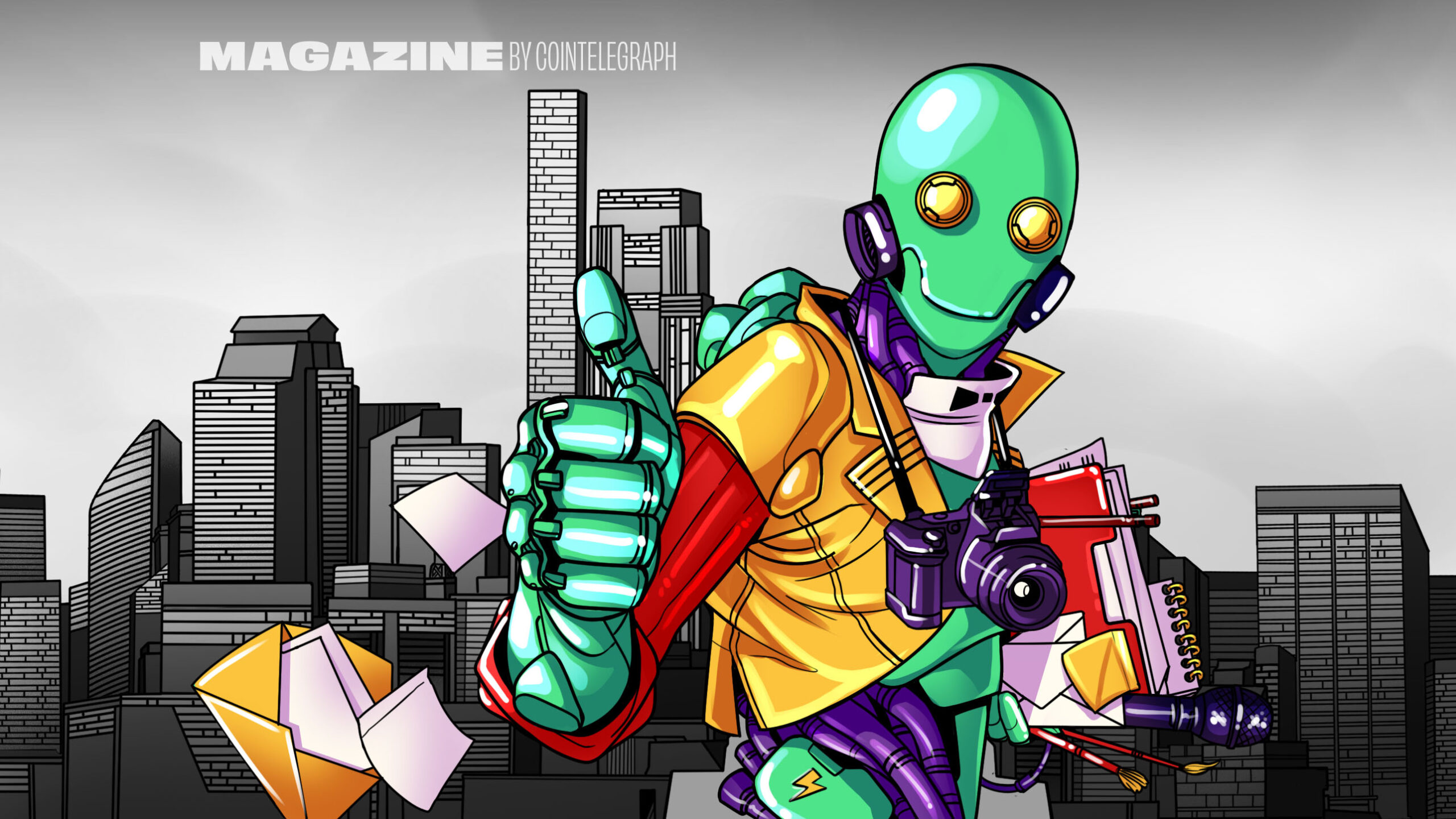Your biweekly roundup of cool AI stuff and its impact on society and the future. The past two months have seen a Cambrian explosion i
Your biweekly roundup of cool AI stuff and its impact on society and the future.
The past two months have seen a Cambrian explosion in the capabilities and potential of AI technology. OpenAI’s upgraded chatbot GPT-4 was released in mid-March and aced all of its exams, although it’s apparently a pretty average sommelier.
Midjourney v5 dropped the next day and stunned everyone with its ability to generate detailed photorealistic images from text prompts, quickly followed by the astonishing text-to-video generation tool Runway Gen-2. AutoGPT was released at the end of March and extends GPT-4’s capabilities, by creating a bunch of sub-agents to autonomously complete a constantly updating plan that it devises itself. Fake Drake’s “Heart on My Sleeve” terrified the music industry at the beginning of April and led to Universal Music enforcing a copyright claim and pulling the track from Spotify, YouTube, Apple Music and SoundCloud.
We also saw the growing popularity of Neural Radiance Field, or NeRF, technology, where a neural network builds a 3D model of a subject and the environment using only a few pics or a video of a scene. In a Tweet thread summing up the latest advances, tech blogger Aakash Gupta called the past 45 days “the biggest ever in AI.”
And if that wasn’t enough, the internet-connected ChatGPT is now available for a lucky few on the waitlist, transforming an already impressive tool into an essential one.
New AI tools are being released every day, and as we try and wrap our tiny human brains around the potential applications of this new technology, it’s fair to say that we’ve only scratched the surface.
The world is changing rapidly and it’s exhilarating — but also vaguely terrifying — to watch. From now, right up until our new robot overlords take over, this column will be your bi-weekly guide to cool new developments in AI and its impact on society and the future.
Hollywood to be transformed
Avengers: Endgame co-director Joe Russo says fully AI-generated movies are only two years away and that users will be able to generate or reshape content according to their mood. So instead of complaining on the internet about the terrible series finale of The Sopranos or Game of Thrones, you could just request the AI create something better.
“You could walk into your house and say to the AI on your streaming platform. ‘Hey, I want a movie starring my photoreal avatar and Marilyn Monroe’s photoreal avatar. I want it to be a rom-com because I’ve had a rough day,’ and it renders a very competent story with dialogue that mimics your voice,” Russo says.
This sounds far-fetched but isn’t really, given the huge recent advances in the tech. One Twitter user with 565 followers recreated the entire Dark Knight trailer frame-for-frame just by describing it to Runway’s Gen2 Text to Video.
Some of the most impressive user-generated content comes from combining the amazing photorealistic images from Midjourney with Runway’s Gen2.
Redditor fignewtgingrich produced a full-length episode of MasterChef featuring Marvel characters as the contestants, which he’d created on his own. He says about 90% of the script was written by GPT4 (which explains why it’s pretty bad).
“I still had to guide it, for example, decide who wins, come up with the premise, the contestants, some of the jokes. So even though it wrote most of the output, there was still lots of human involvement,” he says. “Makes me wonder if this will continue to be the case in the future of AI-generated content, how long until it stops needing to be a collaborative process.”
As a former film journalist, it seems clear to me that the tech has enormous potential to increase the amount of originality and voices in the movie business. Until now, the huge cost of making a film ($100 million to $200 million for major releases) has meant studios are only willing to greenlight very safe ideas, usually based on existing IP.
But AI-generated video means that anyone anywhere with a unique or interesting premise can create a full-length pilot version and put it online to see how the public reacts. That will take much of the gamble out of greenlighting innovative new ideas and can only be a good thing for audiences.
Of course, the tech will invariably be abused for fake news and political manipulation. Right on cue, the Republican National Committee released its first 100% AI-generated attack ad in response to President Biden’s announcement he was running for reelection. It shows fake imagery of a dystopian future where 500 banks have collapsed and China has invaded Taiwan.
Read also
Features
Best and worst countries for crypto taxes — plus crypto tax tips
…
cointelegraph.com
